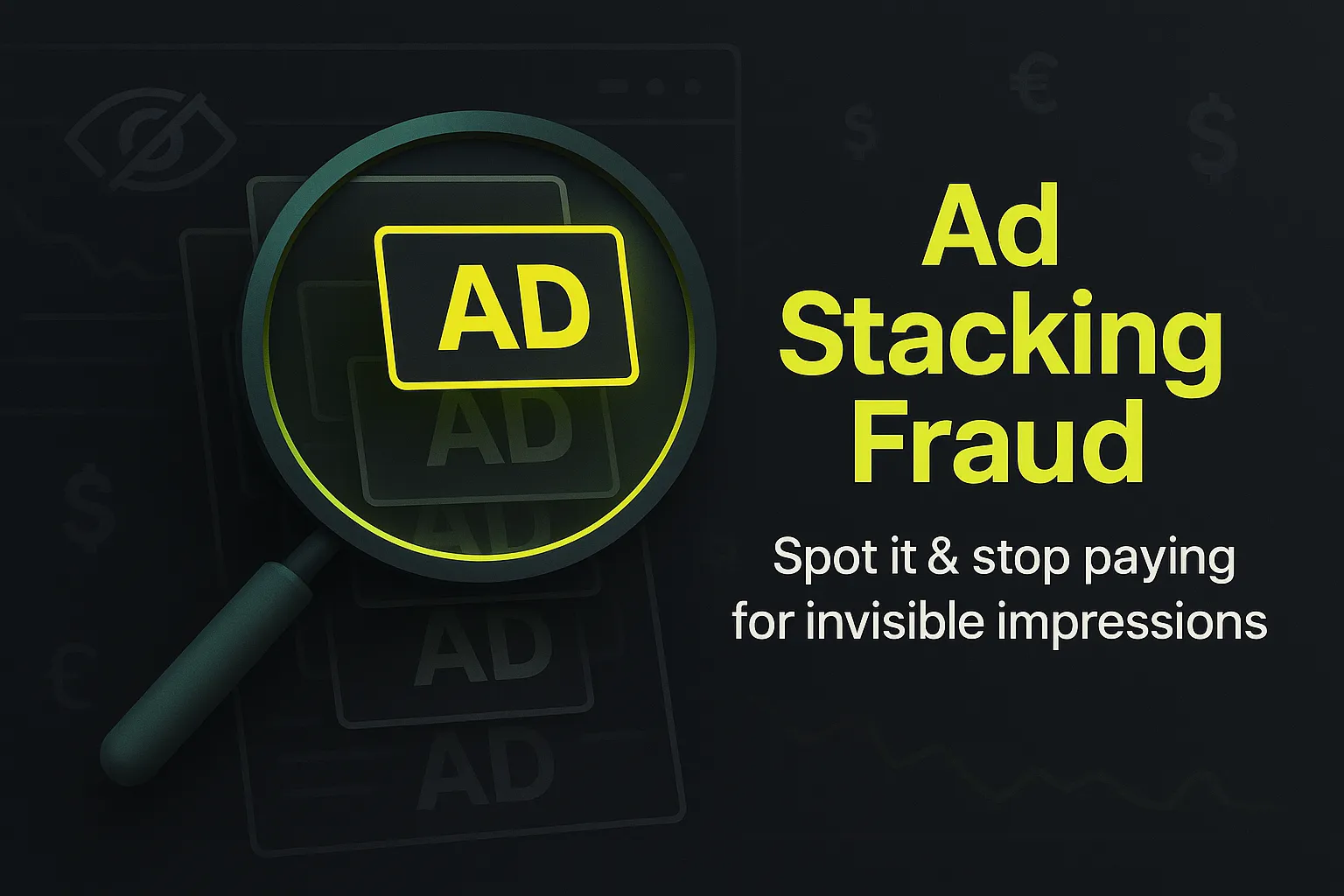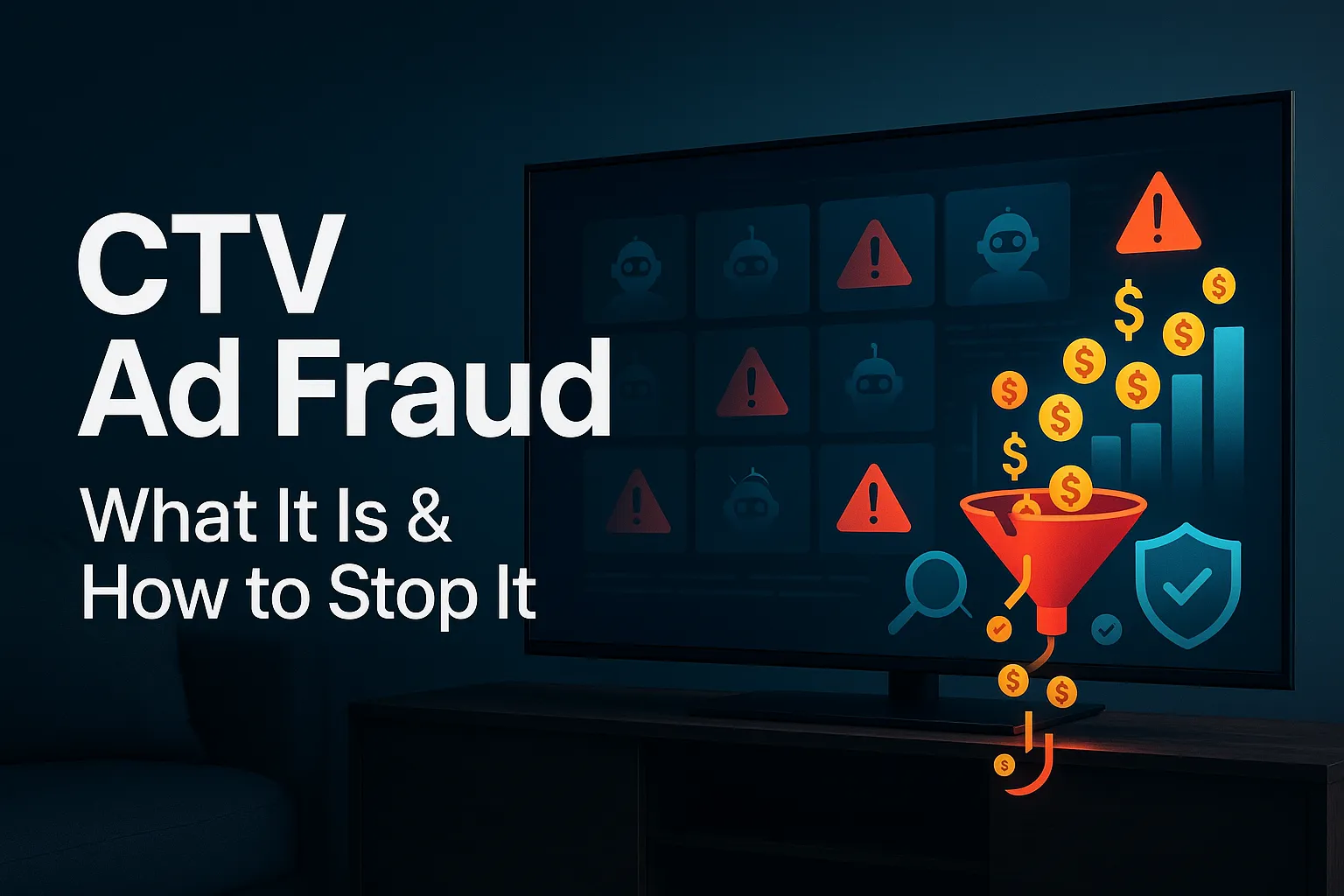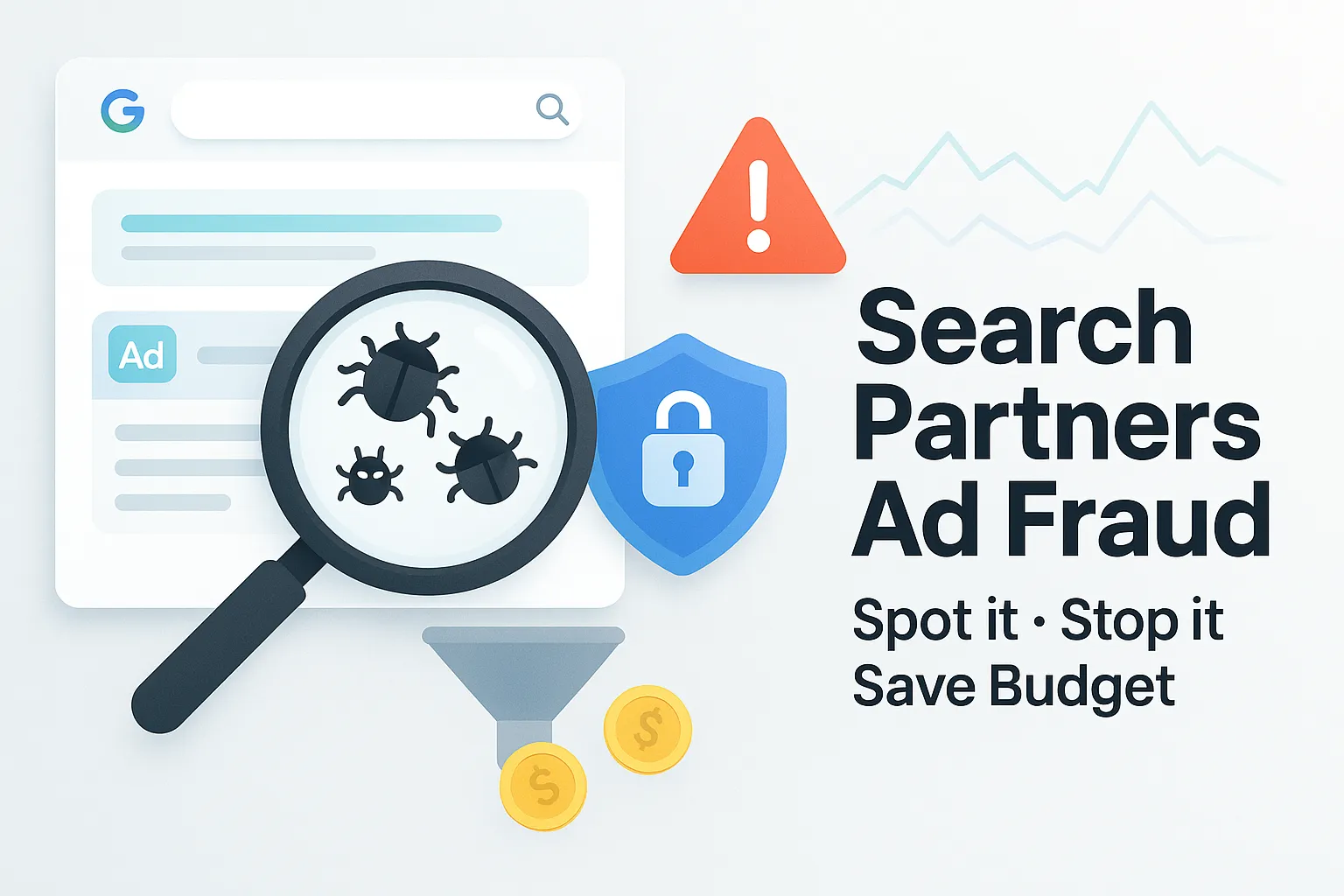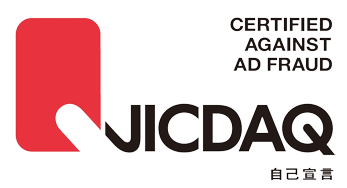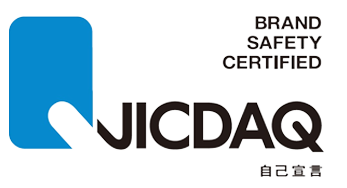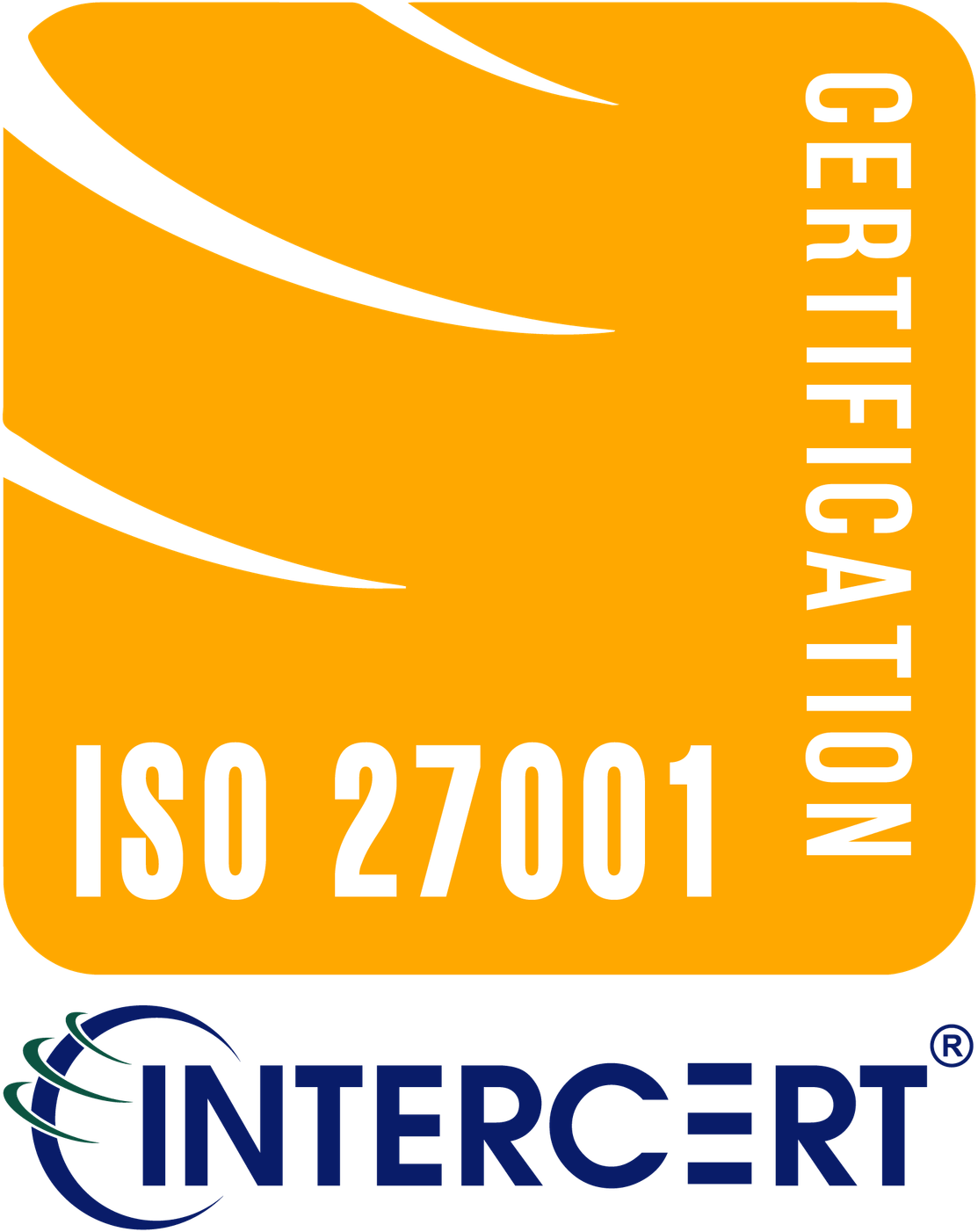The Impact Of Competitors On Your Google Ads Impression Share

As a result, the competition for valuable ad real estate can be intense. Understanding how competitors impact your Google Ads impression share is essential for maximizing your return on investment (ROI) and staying ahead of the competition.
What is Impression Share?
Impression share is a metric that measures the number of times your ad is displayed compared to the number of times it could have been displayed based on your ad auction bid and budget. It’s expressed as a percentage and provides insight into the visibility of your ads.
Check out our article Impression Share 101: Mastering the Do's and Don'ts for more tips on how to use it to achieve your advertising goals.
How Competitors Impact Impression Share
So, let’s take a look at exactly how competitors can impact your impression share:
1. Increased Competition
With more businesses advertising on Google Ads, there is increased competition for ad space. This means that even if your ad is relevant and well-targeted, it may not be shown as often as you would like due to limited ad space and budget.
2. Quality Score and Keyword Competition
Google uses a quality score system to rank the relevance and value of ads. The higher your quality score, the more likely your ad will be displayed. Competitors can impact your impression share by improving their quality score, which can make your ad less visible in comparison. Keyword competition also plays a role in impression share. If your competitors are bidding on the same keywords as you, they may be outbidding you and taking up valuable ad space.
3. Bid Strategy and Budget
Your bid strategy and budget also impact your impression share. If your competitors are bidding higher than you on specific keywords, they will be more likely to win the ad space. This is why it’s important to regularly monitor your impression share and adjust your bid strategy and budget accordingly.
Best Practices for Managing Competitor Impact
There are several best practices that you can use to manage the impact of competitors on your impression share:
1. Monitor Competitor Activity
By keeping track of your competitors' strategies, you can gain insights into how they are approaching the market and what tactics they are using to capture your potential customers. This information can help you identify areas where you can improve your own strategy and stay ahead of the competition.
Here are some steps you can follow to monitor competitor activity in Google Ads:
- Use Google Ads Auction Insights: Google Ads Auction Insights is a powerful tool that provides you with insights into how your ads perform compared to your competitors' ads. You can view information such as impression share, overlap rate, and outranking share, which can give you a good idea of how your competitors are performing.
- Set up competitor tracking: By setting up competitor tracking, you can monitor the activity of specific competitors and receive notifications when they launch new ads or make changes to their campaigns. This can help you stay on top of the competition and adjust your strategy as needed.
- Use tools like SEMrush: SEMrush is a comprehensive tool that can provide you with detailed information on your competitors' search engine marketing strategies, including their keywords, ad copy, and landing pages. This information can help you identify areas where you can improve your own strategy and stay ahead of the competition.
- Analyze your competitors' landing pages: Take a look at your competitors' landing pages and see what they are doing to drive conversions. This can give you ideas for improving your own landing pages and increase the effectiveness of your campaigns.
By keeping track of your competitors' strategies and making informed decisions, you can stay ahead of the competition and achieve better results for your business.
2. Optimize Ad Copy and Landing Pages
Another way to manage competitor impact is to improve the relevance and value of your ad copy and landing pages. This will improve your quality score and make your ad more competitive. To give your quality score a boost, make sure you’re using targeted keywords, compelling ad copy, and high-quality landing pages.
3. Use Negative Keywords
Adding negative keywords to your campaign can help you avoid showing your ad for irrelevant searches and reduce competition. This can help you improve the relevance and performance of your ads, which can result in a higher impression share.
To use negative keywords in Google Ads, you need to identify the keywords that are not relevant to your business or products and add them to your campaign's negative keyword list. This will prevent your ads from being triggered by these keywords, so your ad spend is not wasted on unqualified traffic. You can use tools like the Google Keyword Planner or SEMrush to identify relevant negative keywords for your business.
It’s important to regularly review and update your negative keyword list to ensure that your ads are only being shown for relevant searches. This can help you maintain a high impression share and avoid wasting ad spend on irrelevant traffic.
4. Increase Budget and Bids
Increasing your budget and bids can also be an effective way to stay ahead of the competition. By increasing your budget, you can reach more potential customers and improve the visibility of your ads. And by increasing your bids, you can make sure your ads are more competitive and have a higher chance of being shown.
A larger budget will naturally increase your visibility and enable you to reach more customers. This can help you capture more traffic and achieve better results.
However, it's important to remember that increasing your budget and bids should only be done as part of a well-thought-out strategy. You should always consider your goals, target audience, and the competition when making changes to your budget and bids, as more money doesn’t always equal more customers.
5. Use an Ad Fraud Solution
Competitors can also play a big part in fraudulent clicks on your paid advertising. It’s important to have a strong ad fraud prevention tool in place to tackle any disingenuous clicks that waste your time and budget. See what invalid activity is taking place on your account with a free 14-day trial of Spider AF.
Keeping Ahead of the Competition
Understanding the impact of competitors on your Google Ads impression share is crucial for maximizing your return on investment and staying ahead of the competition. Increased competition, quality score, keyword competition, and bid strategy and budget are all factors that can affect your impression share.
To manage the impact of competitors, it’s best to regularly monitor their activity, optimize ad copy and landing pages, use negative keywords, and increase budget and bid when necessary.
By implementing these best practices, you can improve your visibility and competitiveness on Google Ads and achieve better results for your business.
Frequently Asked Questions about Competitor Ad Budget
How can I assess my competitor ad budget and its effect on my Google Ads campaign?
You can get an idea of your competitor's budget and overall spending by using tools like Google's Auction Insights report and SEMrush. These tools provide data on how your ad campaigns perform relative to your competitors, including estimates of their advertising costs and paid traffic. This insight can help you adjust your ad budget to remain competitive in your niche.
What are some methods to analyze monthly paid search traffic for competitor ads?
To analyze monthly paid search traffic for competitor ads, you can use SEMrush or Google AdWords to gain insights into the advertising campaigns of your competitors. These tools can help you identify trends in paid traffic, understand paid search strategies they're implementing, and compare your performance over time.
How can I use auction insights report to improve my google ads campaign?
The Auction Insights report in Google Ads provides valuable information about how your ad campaigns stack up against your competitors. By analyzing metrics like impression share and overlap rate, you can refine your Google Ads campaign strategies, such as adjusting your bids or ad budget, to improve your ads' performance in search results.
Can I see ad copy examples from my competitors to enhance my advertising campaigns?
Yes, using tools like SEMrush, you can view ad examples and ad copy examples from your competitors' advertising campaigns. This can give you inspiration to create more compelling ad copy and help you develop paid search strategies that resonate better with your target audience.
Is there a way to find out the competitor PPC spend and use it to adjust my advertising budget?
While you can't find out the exact competitor PPC spend, you can use tools like SEMrush and the Google Ads Auction Insights to get an understanding of their advertising budget relative to yours. This comparative data can inform how you might allocate your advertising costs and adjust your advertising budget to be more competitive.
What is the best approach to analyze competitors and their ad campaigns effectively?
The best approach to analyze competitors involves using a combination of Google's Auction Insights, SEMrush, and direct observation of the ad campaigns they run. This multi-angle analysis can help you identify their paid keywords, advertising budget, and tactics, enabling you to adapt and enhance your own PPC campaigns.
How do changes in competitor spending influence my paid ads performance?
Changes in competitor spending can significantly influence the performance of your paid ads. If competitors increase their spend, they might outbid you on common keywords or dominate the search bar results, which could decrease your visibility. Monitoring these changes can help you make necessary adjustments to your bids and ad budget.
What role does average CPC play in determining my ad budget for paid search?
Average CPC (cost-per-click) is crucial in determining your ad budget for paid search. It affects how much you're paying for each click, influencing how you allocate your budget across different keywords and campaigns. Understanding CPC helps you maximize your ad spend for optimal click through rate and conversion.
How can I identify new competitors in my market and analyze their PPC campaigns?
To identify new competitors and analyze their PPC campaigns, you can use tools like SEMrush to monitor traffic sources and search for emerging players in your niche. Additionally, Google AdWords provides information about other advertisers who are participating in the same auctions as you, indicating potential new competitors.











